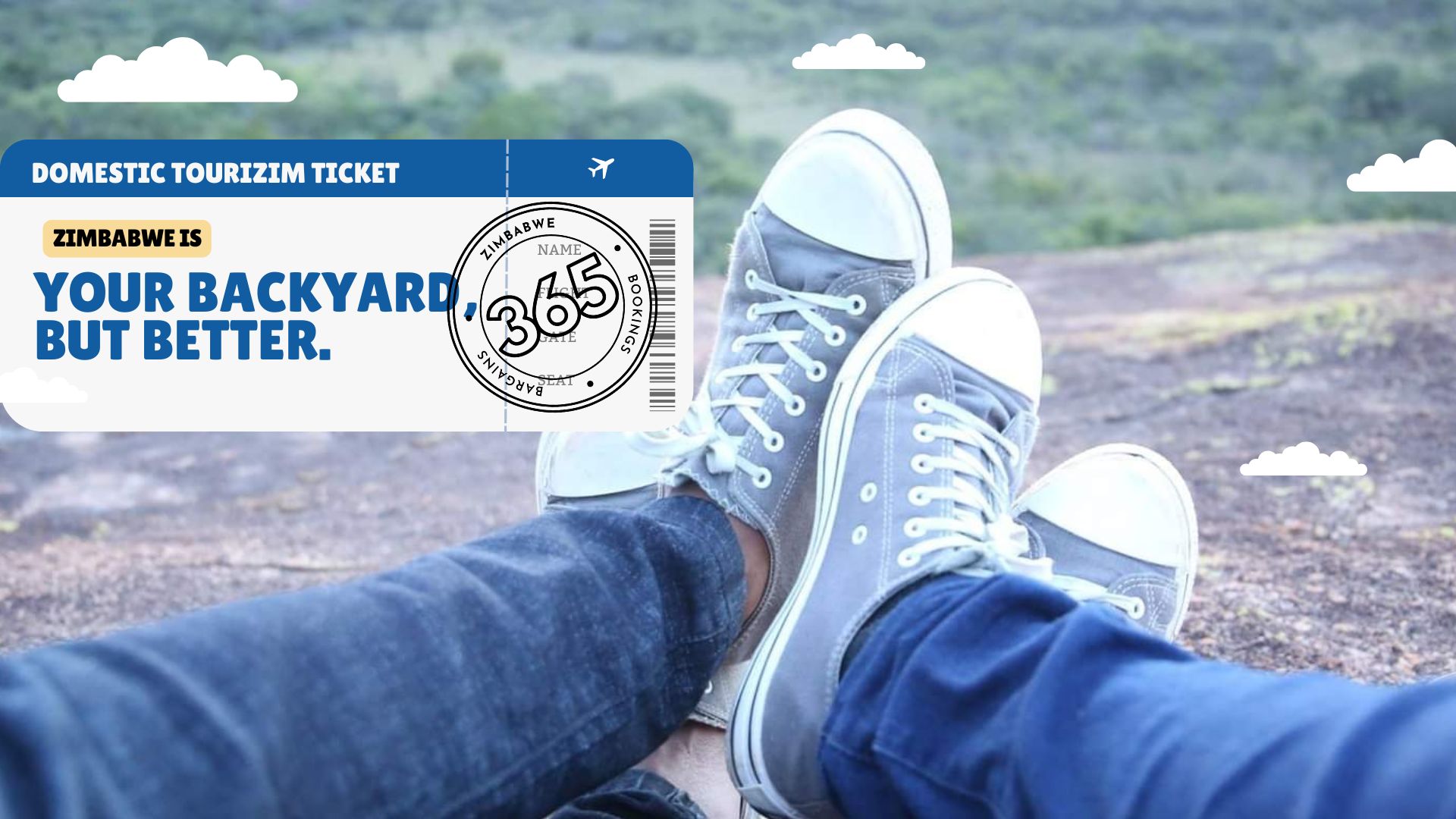Our trip around Zimbabwe has had us reflecting on what strategies can be used to promote lesser known towns in Zimbabwe.
Our country boasts a wealth of diverse landscapes, rich cultural heritage, and abundant wildlife. However, many of its smaller towns and rural areas remain relatively unknown to both domestic and international tourists.
To tap into this untapped potential and promote these lesser-known destinations, the establishment of dedicated tourism marketing boards is crucial. This paper outlines ten essential components for setting up such boards in Zimbabwe’s small towns.
Clear Vision and Mission
Vision: A compelling vision that outlines the board’s long-term goal, such as positioning the town as a premier tourist destination.
Mission: A concise statement that defines the board’s purpose and objectives, including promoting local tourism, economic development, and community empowerment.
Strong Locally Based Leadership and Governance
Local Board of Directors: A diverse board comprising local stakeholders, tourism experts, and community representatives.
Executive Director: A skilled professional with experience in tourism marketing and management to oversee day-to-day operations.
Comprehensive Destination Marketing Plan
Market Research: In-depth analysis of target markets, competitor analysis, and SWOT analysis.
Brand Development: Creation of a unique brand identity, including a strong logo and tagline.
Marketing Strategies: Development of integrated marketing campaigns utilizing a mix of traditional and digital channels.
Public Relations: Building strong relationships with media outlets, travel bloggers, and influencers.
Product Development and Enhancement
Tourism Product Inventory: Identification and development of unique tourism products, such as cultural experiences, adventure activities, and heritage sites.
Infrastructure Development: Improvement of essential infrastructure, including roads, accommodation, and public facilities.
Capacity Building: Training and development of local businesses and communities to enhance service quality.
Partnership and Collaboration
Public-Private Partnerships: Fostering strong partnerships with local businesses, government agencies, and NGOs.
Community Engagement: Involving local communities in decision-making and benefiting from tourism initiatives.
International Collaboration: Networking with international tourism organizations and promoting cross-border tourism.
Sustainable Tourism Practices
Environmental Conservation: Implementing sustainable practices to protect natural resources.
Cultural Preservation: Respecting and promoting local culture and traditions.
Ethical Tourism: Ensuring fair labor practices and responsible tourism practices.
Effective Marketing and Promotion
Digital Marketing: Utilizing social media, email marketing, and content marketing to reach a wider audience.
Traditional Marketing: Leveraging print media, television, and radio advertising.
Public Relations: Building positive media relations and managing crisis communications.
Data Analysis and Evaluation
Performance Metrics: Tracking key performance indicators (KPIs) to measure the effectiveness of marketing campaigns.
Market Research: Conducting regular market research to identify trends and opportunities.
Data-Driven Decision Making: Using data to inform strategic decisions and optimize resource allocation.
Financial Sustainability
Revenue Generation: Exploring diverse revenue streams, such as membership fees, sponsorship, and product sales.
Budgeting and Financial Planning: Developing a sound financial plan to ensure long-term sustainability.
Cost-Effective Marketing: Implementing cost-effective marketing strategies to maximize ROI
Crisis Management and Risk Mitigation
Crisis Communication Plan: Developing a comprehensive plan to respond to crises effectively.
Risk Assessment: Identifying potential risks and developing mitigation strategies.
Insurance: Ensuring adequate insurance coverage to protect against unforeseen events.
By implementing these ten components, Zimbabwe’s small towns can establish successful tourism marketing boards that will drive sustainable tourism growth, create jobs, and enhance the overall quality of life for local communities.





Leave a Reply